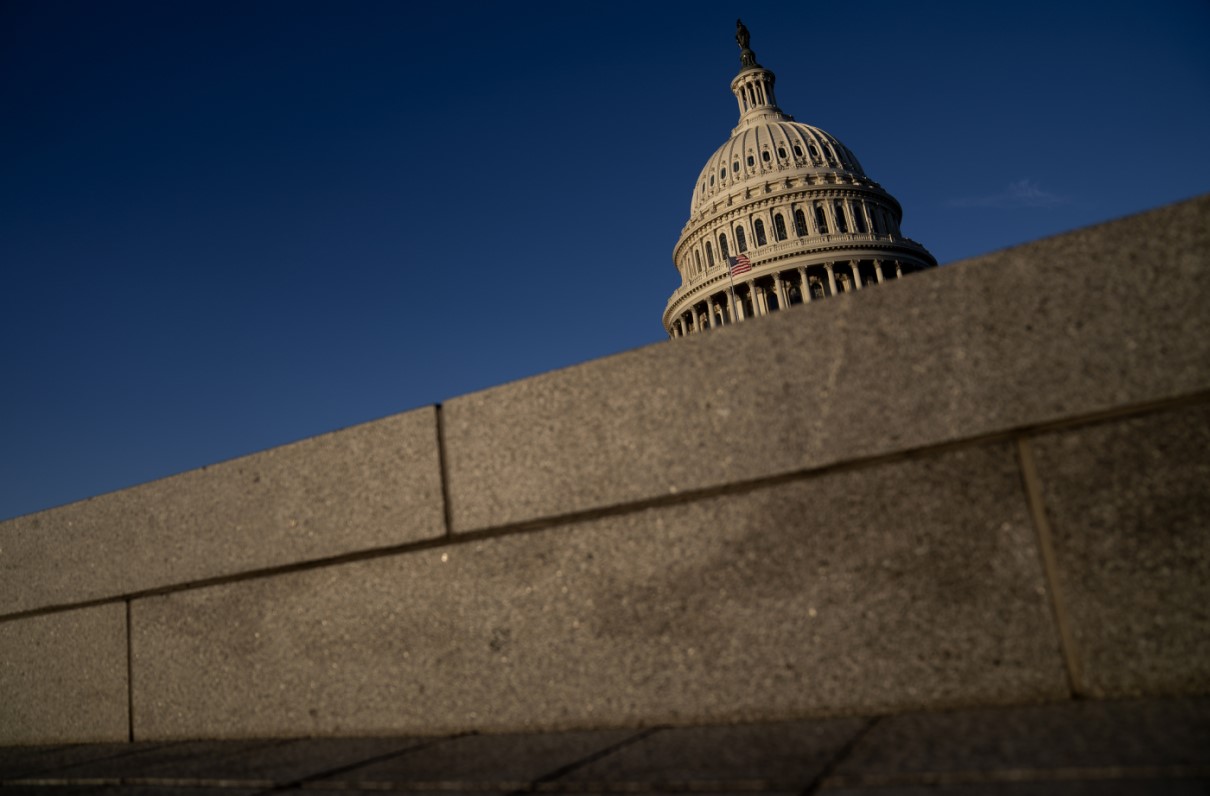When Congress returns from its Thanksgiving holiday, there will be 12 days left this year with both chambers scheduled to be in session. Over those dozen days, legislators face an overwhelming agenda which includes, but is not limited to:
- Finalizing and passing the FY 2023 National Defense Authorization Act (NDAA).
- Passing a federal budget to fully fund the government, or passing yet another continuing resolution (CR).
- Increasing the national debt limit – failure here would degrade our nation’s ability to operate even at reduced levels.
- Passing other legislation critical to the uniformed services and veteran communities.
From the beginning, the 117th Congress has been rife with political divisiveness, environmental uncertainties, appropriations and debt ceiling challenges, and ever-growing threats to the long-term viability of an all-volunteer force. Our elected officials face a nearly impossible agenda, and it is unclear whether they will be able to complete it all before noon on Jan. 3, 2023, when the new Congress is scheduled to begin.
From now through the remainder of this Congress, MOAA’s top priority will remain the well-being of servicemembers, veterans, their families, caregivers, and survivors. We will do everything we can to ensure Congress honors the oath that every servicemember takes when they pledge to serve and protect our country. That starts with passage of the FY 2023 NDAA.
[TAKE ACTION: Ask Your Lawmakers to Pass the FY 2023 NDAA]
Below, find some answers to common questions about the upcoming lame-duck session.
Q. What will happen if elected officials fail to pass critical legislation, like the FY 2023 NDAA, before the start of the 118th Congress?
A. If any bill, including the NDAA, does not become law during the Congress in which it was introduced, it’s considered “dead.” If the FY 2023 NDAA doesn’t pass before Jan. 3, 2023, it would need to be reintroduced under a new bill number and restart the entire legislative process in the new Congress.
If Congress fails to pass the necessary authorizations and appropriations, then the federal agencies overseeing the eight uniformed services will lack the authorizations or funding needed for the annual military pay raise, along with essential improvements to health care and other quality of life programs and benefits necessary for an all-volunteer force.
[RELATED: Star Act Not Included in NDAA Despite Strong and Growing Support]
Q. Where does the NDAA and other critical legislation stand?
A. Both chambers of Congress have been working on their respective versions of the 12 appropriation bills and the NDAA. Elected officials and staff in the House and Senate Armed Services Committees have been working on a conferenced version of the NDAA in closed-door sessions; it is unclear when we will see substantive floor activity.
The appropriation bills face two key issues:
- The looming expiration of the CR on Dec. 16, which could trigger a government shutdown.
- The mounting national debt, which could reach its $31.4 trillion ceiling earlier than expected.
[RELATED: What’s Next for MOAA’s Budget, NDAA Priorities as Midterm Elections Loom]
Q. What else is MOAA hearing about the NDAA from Capitol Hill?
A. Despite the behind-the-scenes work going on for the NDAA, public divisions remain. Rep. Kevin McCarthy (R-Calif.), currently the House minority leader, told reporters Nov. 15 that the defense bill should be put on hold until the new year.
“I actually believe the NDAA should hold up until the first of the year, and let’s get it right,” McCarthy said. He did not articulate areas he would like to see addressed before the bill is considered.
Rep. Adam Smith (D-Wash.), chair of the House Armed Services Committee, warned that deferring the NDAA would be disastrous for national security.
“If you kick it off four, five, six months, you are really damaging the United States military. So, I hope Kevin McCarthy understands that,” Smith said. “You are damaging the United States military every day past October 1st that you don’t get it done, and certainly more so every day past January [1st].”
The final days of the 117th Congress will be anything but smooth sailing for both the NDAA and other critical legislation impacting the uniformed services and veteran communities.
[RELATED: Visit MOAA's Legislative Action Center]
Q. What can I do to help?
A. While MOAA and fellow advocacy groups continue discussions with lawmakers and their staffs, these actions won’t be enough to see the NDAA over the finish line. Your elected officials need to hear from you, their constituents, to be spurred into action.
Write to your legislators now using MOAA’s Legislative Action Center and urge them to pass the FY 2023 NDAA before the end of the 117th Congress.

